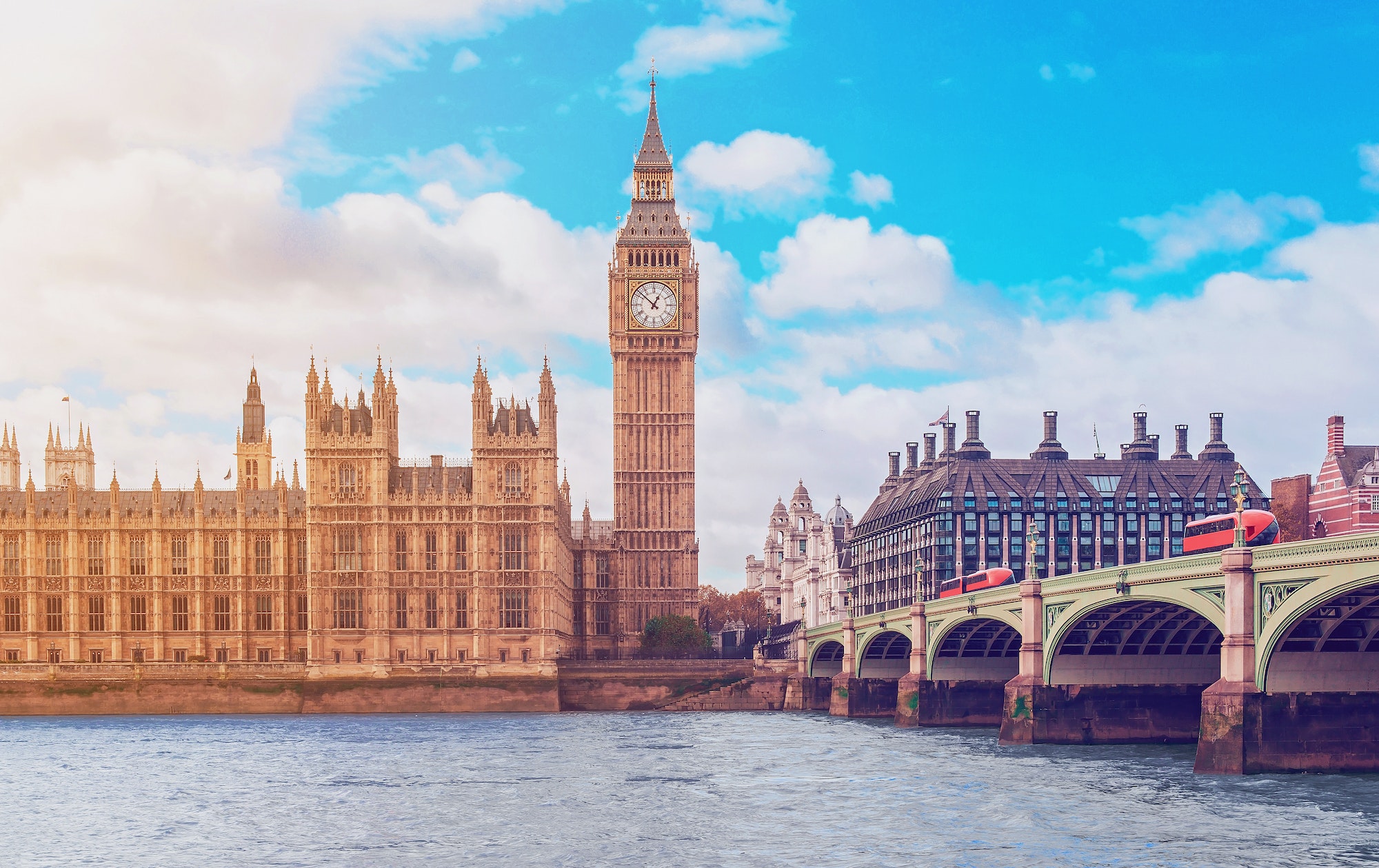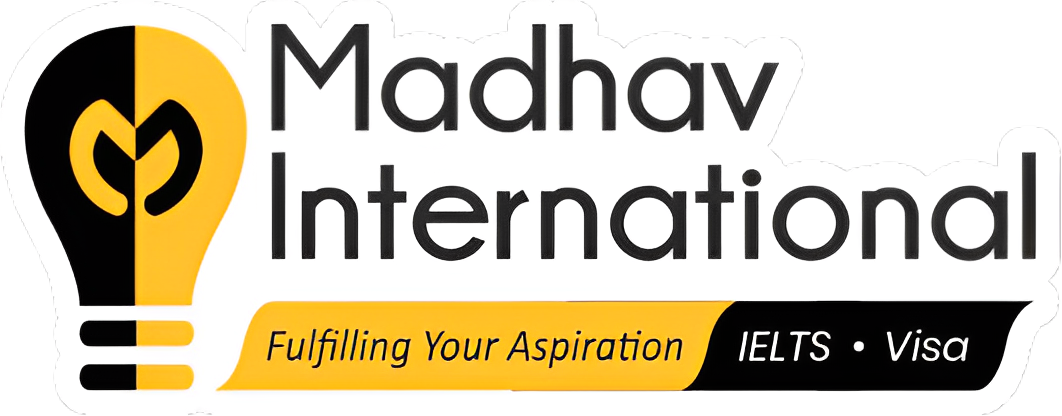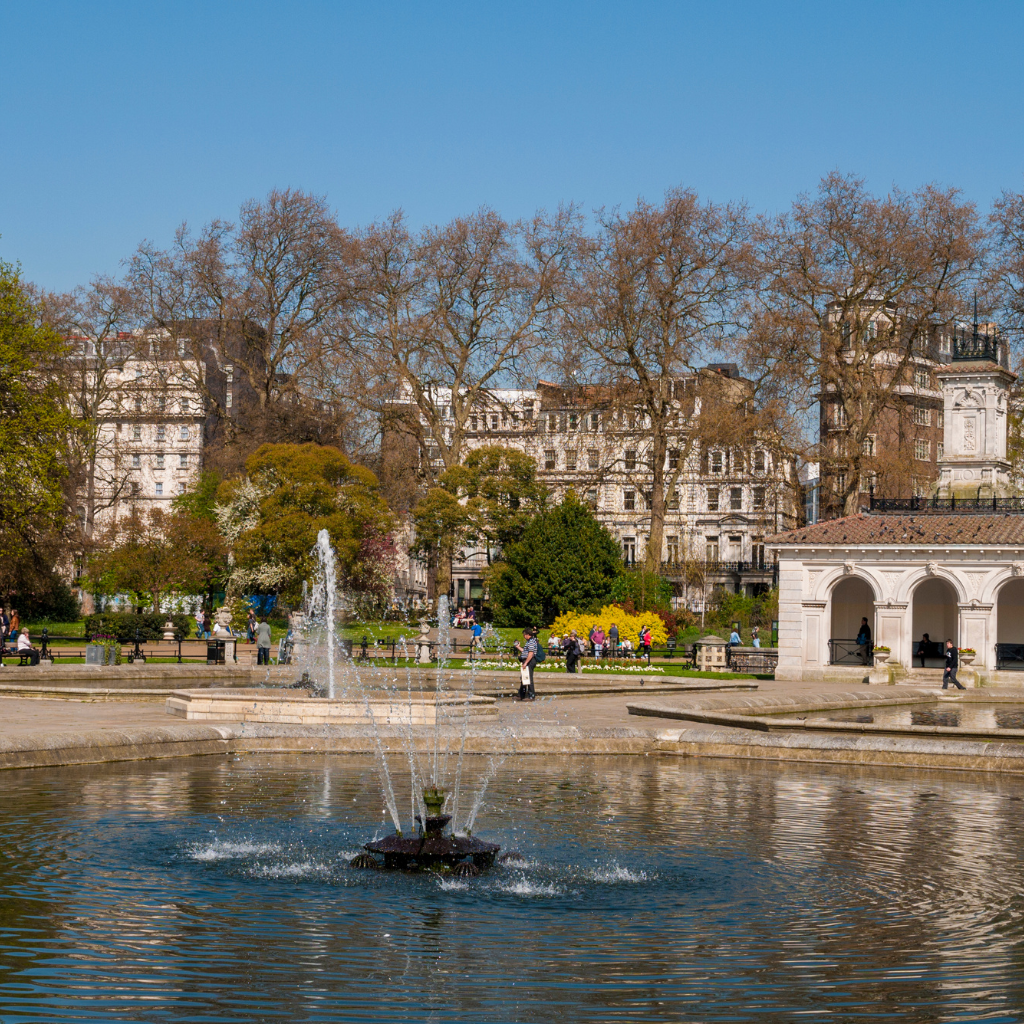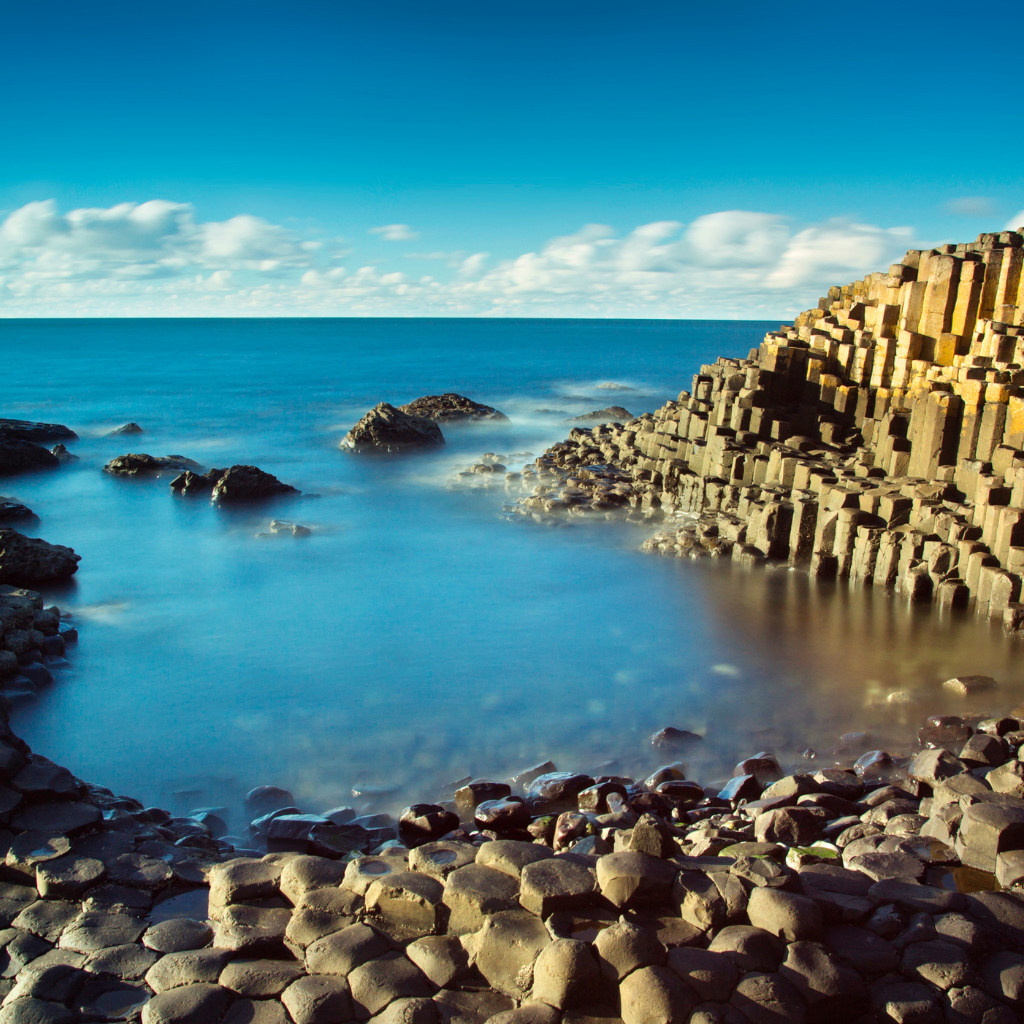Study Abroad
- Study In Canada
- Study In USA
- Study In UK
- Study In Australia
- Study In New Zealand

Any Questions? Call us
+91 97127 89001
Any Questions? Email us
info@madhavinternational.co.in

Why New Zealand ?
New Zealand is one of the most beautiful countries on the planet. Lush green farmlands, high mountains, volcanic deserts, beaches with crystal clear waters, this little island nation has it all. A neighbour to Australia, New Zealand too has a unique flora and fauna that make it a one of a kind country to live in. It is important to note that, while it may look small, New Zealand is pretty much the same size as the UK or Japan.
Considered as nature’s playground, New Zealand is a unique educational destination for international students. New Zealand has been among the leading choice of many international students who want to groom themselves in quality education. The school of academic thoughts in New Zealand, addressed as “The new world class”, is an educational platform internationally renowned as an attractive destination for quality education that helps navigate the self-worth in opportunities that help design a successful educational career. It is worthy of an international recognition that ensures growth.
New Zealand has eight universities, 18 polytechnics and institutes of technology, around 600 private training institutions, 27 English Language schools and around 20 industry training organisations. New Zealand offers a safe learning environment. It is the first country in the world to declare itself as a nuclear free zone.
Famous Places to Visit
Highlights of New Zealand
Capital: Wellington
Currency: New Zealand dollar |ND|
Largest City: Auckland
Language: English, Maori
Area: 268,021 KM2 – 103,483 Mi2
Population: 4,468,200(June, 2013 Estimate)
New Zealand is an island country located in the Pacific Ocean. The country mainly comprises of two islands, the North Island and South Island. New Zealand is a country of great beauty. Many people encountered New Zealand’s great natural beauty for the first time through the Lord of the Rings film trilogy, which was filmed in New Zealand. The country offers great geographic diversity: mountains, coasts, and lakes, along with unique plant life and animals.
Broad range of study and research opportunities from certificates to doctoral degrees, all levels of education are available here. Seeing its potential, the New Zealand Government has been investing heavily in the education sector.
A high quality learning experience the education system in New Zealand is modelled after the British system. This means it is globally recognized and acknowledged everywhere.
A quality degree which is recognized globally the country has a centrally managed quality assurance system. All institutions that enrol international students must be registered and must follow stringent rules that maintain high standards of quality and care.
New Zealand qualifications are not just of a high quality; they have a reputation for being practical, modern, and economical too.
Affordable cost Studying in New Zealand is affordable compared to a lot of other developed countries. Credit for that goes to the competitive tuition fees and a low cost of living.
A welcoming destination New Zealand is considered to be one of the most stable economies in the OECD network. Like its bigger neighbour Australia, New Zealand has a multicultural society.
Beautiful location a natural playground is an apt term for New Zealand. Thereahsuae123s just so much to do! You’re not far from nature even in the biggest cities.
While safety may be a luxury in many countries, it’s something folks in New Zealand are accustomed to. In 2014, NZ was voted the 3rd safest country to live in.
Work during and post study foreign students can work up to 20 hours a week during the semester, and full time during vacations i.e. 40 hours. Many New Zealand institutions help students find work through the Student Job Search service.
Once you complete your course (successfully, mind you!), you’re entitled to a 12-month work permit.
Provided you find a job in your field of study, you could very well be eligible to apply for Permanent Residency.
Education System in New Zealand
University education in New Zealand finds its roots in the British university system and was established in 1870. New Zealand is home to eight state-funded universities that are respected for their academic rigour around the world. The country has a strong system that checks the quality of education at the level of both, the institution as well as the program. Over and above this universities are known to conduct regular internal checks to ensure that they are providing students nothing less than the highest standards of education.
The system offers a range of courses from arts, commerce and science with a multitude of specialized branches. Bachelor’s degrees, master’s degrees and doctoral degrees are all provided at these universities. There are also honours programs that require an additional year of study. Polytechnic courses in New Zealand are also quite famous and find a lot of takers every year. These courses can be both, academically as well as vocationally focused. These courses are closely associated with employers and government agencies to provide a high sense of practicality to what they teach.
There are essentially ten levels of education in New Zealand schools and universities. They are:
- Level 1 to 4 – Certificate
- Level 5 to 6 – Diplomas
- Level 7 – Bachelor’s degrees and graduate diplomas
- Level 8 – Postgraduate certificates and diploma, and bachelor’s degrees with honours
- Level 9 – Master’s degrees
- Level 10 – Doctoral degrees
There are also a number of private education institutions in New Zealand. A 1989 amendment to the New Zealand Education Act allowed the tertiary sector to award degrees through the NZQA. The New Zealand Qualification Authority keeps a close eye on these institutes and ensures that the quality of education meets their stringent standards. Private Training Establishments, or PTEs, also need to have their courses registered and approved by the NZQA.
A bachelor degree course usually consists of a preordained number of units, papers and courses. The student must attend the prescribed number of lectures and tutorials before they can be passed to the next year or awarded a degree. Some courses also have field trips and on-site study options. There is a great deal of emphasis placed on self-study skills and minima supervision. Most courses consider the grades in tests, assignments and practical towards the final grade and there is also a final written exam one needs to clear before being awarded a degree.
A post graduate diploma is a one-year full tie program designed for graduates to build on their previous academic degree. A graduate diploma, however, does not require the students to have studied the same subject matter previously. A master’s degree is open for students that have completed their bachelor’s degree. The course length for a master’s degree can be one or two years depending upon the course. There are also a number of master’s degrees that also include a thesis, especially those taken after an honours course. Doctorate degrees usually take 3 years complete. PHD students pay a domestic tuition fee but there are also scholarships available which cover pretty much all your expenses
INTAKE
February & July
February & July are major intakes when admissions are open for courses in all institutions
Other
March, August, October, November and December are smaller intakes where admissions are open for limited programmes in limited institutions
Application Procedure
Academic years in New Zealand last from mid/late February to early November. Universities mostly give a 4 week holiday in June between two semesters. The intake months are usually February and July, some also offer the same in September. Fluency in English is mandatory if one wants to make the most of the education in New Zealand. The country and its universities and educational institutions also offer a number of courses for you to reach the level of English competency required. An IELTS score of 6.0-6.5 for undergraduates and a score of 6.5 to 7.5 is required to gain admittance in the course of your choice.
One needs to have their resume, statement of purpose, mark sheet and certificates of 10th, 12th and graduation (or transcripts) available. Having your certificates of extra-curricular activities handy is also beneficial. Make sure that you have a copy of your passport, birth certificate, and 2 reference letters from your college and/or employer.
It is important to note that there are no application fees to consider when applying to colleges in New Zealand. We, at the Rao Consultants, will help you in ensuring that your application process goes off without a hitch and in helping you assemble all the requisite documents.
Study Cost In New Zealand
As in every country, there are two major costs that you will incur for your studies in New Zealand. Not only are these the educational fees of your program but also there will be daily living expenses such as meals and accommodation.
Tuition fees
New Zealand offers the world’s best education and the standard costs of courses from universities is 8.0 Lakh to 11.0 lakh rupees per year, and can also depending on the University and program.
Living costs
With the fees you’ll also have to add your costs of travelling, books, local transportation and any miscellaneous expenses such as medical care. If you manage to get Scholarships then you’ll be able to bring down your costs to a certain level, depending on the University and the course.
Living In New Zealand
As a student you’ll have the option of staying directly inside your University (called “on-campus”) or outside the University (called “off-campus”).
On-Campus Accommodation
New Zealand Colleges / Universities will offer you to stay in College / University Hostel On-Campus.
Off-campus (Private) Accommodation
Off-campus or Private Accommodation is quite popular among students. Compared to On-campus it has no fixed prices or basic things for all students. The rent amount varies significantly according to the area and the facilities provided. The rent amounts are higher in main city areas or downtowns, and in big cities living in suburbs turn out to be a cheaper option. Therefore it is essential for students to do a detailed comparison and read all the documents carefully before signing the rent agreement. Your college/University can help by giving you a list of rented accommodations near the Institution.
Work While You Study
All foreigners on student visas in New Zealand can work up to 20 hours per week during semester and full time during vacations i.e. 40 hours.
No Outright Visa Rejection
The Immigration Department of New Zealand does not reject a visa application outright without giving applicants a chance to explain their case. As long as you are able to explain clearly why you have chosen a particular course, there is no danger of not getting the visa.
Opportunity To Settle Permanently
Anyone who completes a course in New Zealand successfully gets 12-month “Post Study Work Visa” under the student visa policy. In most cases, this permit is arranged by the student’s institution itself. This allows full-time work in any job for one year. However, if a student wants to get a New Zealand Permanent Residency (PR), then he or she will have to find a job relevant to the course they completed.
New Zealand Visa Process

FAQs about New Zealand
The assessment time for undergraduate applications is, generally, quite quick and is done in about 3-5 weeks. PG applications, however, can take up to 4 to 8 weeks to get processed. Visa processes for New Zealand are considerably fast. The New Zealand Information Service tries to ensure that the positive profile students get a decision on their applications within 15 to 20 working days.
Most New Zealand universities accept the Indian graduation system of three years for entry into most postgraduate courses. Every institute has its own minimum IELTS/or TOELF score requirements.
Students can work up to 20 hours a week. Students can find work in farms, restaurants, malls, as marketing executives, etc. their wages can range from 9 to 12 New Zealand dollars an hour. If you are a masters by research student or a PhD student you can even work full time during the term-time.
New Zealand offers students a one year job search visa after completion of their studies. During the study period also, students can work part-time, which helps to cover living costs.
London- 7200 £ per year approx.
Other areas- 5400 £ per year approx.
There are two sources of benefit for students in the UK. International students who are studying in the UK for 6 months or more qualify for free health care through the National Health Service. The National Union of Students also helps students get many discounts on things like books, stationery, food, clothes, travel and entertainment. All the students are entitled to free NUS membership.
Students are required to show a written guarantee of accommodation before they are granted a visa. There are some institutions that may be able to grand a residential accommodation to students who are not staying at a friend or a relative’s place. A student may also wish to arrange their own accommodation. Students should make it a point to indicate beforehand whether or not they need support in order to find a place to stay when they apply to the institution.
No. All international students have to study full time to meet the requirement of their student permit with the NZ Immigration Services.
A student’s dependents can include their spouse, partners, faince, and/or children. The student’s dependents can accompany them to the country or join them at a later date. They should have, however, applied for the visa they require, be it work, student or visitor, and must fulfil all their criterion. Dependents who are in school will need to pay their full fees for enrolling in primary and secondary courses of study.
There is no limit on the time you can spend in New Zealand as a student. New Zealand degrees are recognized internationally and will be accepted when applying for post-graduate study in most countries
In order to go to London from India for studies you must:
Identify a course from out of the 30,000 plus courses that the London City has to offer
Prepare and submit an application for admission and the application process for undergraduate and postgraduate degrees is not the same
Check if you qualify for the UK Study Visa
Submit an application for the UK Student Visa with all the required documents
There is no limit to the amount of money you can bring in or take out of New Zealand. Although, if you are bringing in more than 10,000 New Zealand dollars in cash you will have to declare the same to the New Zealand Customs Service.
The procedures for application and enrolment vary for each institution, so the best way is to contact institutions directly to learn more about specific application requirements.
A student’s spouse can only work in New Zealand provided the student is pursuing a post graduate degree. The other case where the student’s spouse can apply for a work visa is if the student is studying a course that is on the Long Term Skill Shortage List
You can apply for a 12 month job search visa within three months of completion of your course from NZ.

































